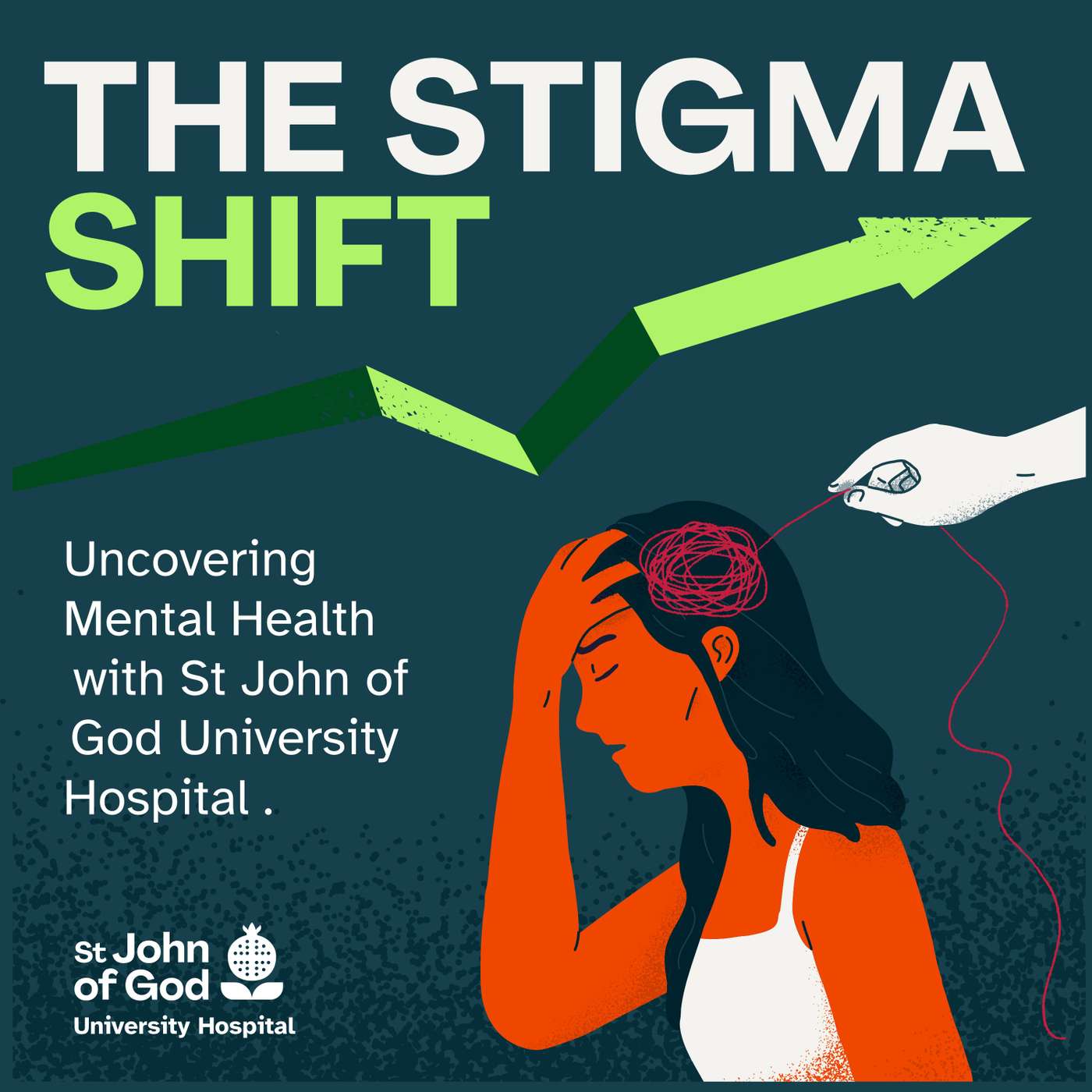Listen "Modern Disconnect: Restoring Mental Health Through Nature"
Episode Synopsis
Spending time in nature feels instinctively restorative, but what does the science actually say about why green spaces improve our mental health? In this episode of The Stigma Shift, Senior Social Worker Shirley Gleeson explores the growing field of planetary health and nature-based interventions in mental health care. From the stress-reducing power of 20-minute nature walks to therapeutic horticulture programs transforming patient recovery, Shirley shares evidence-based practices, practical activities anyone can try today, and why our connection to the natural world matters more than ever for psychological well-being.THINGS WE SPOKE ABOUTHow spending just 120 minutes per week in nature improves psychological well-being.The three main scientific theories explaining nature's mental health benefits.Why equality of access to quality green spaces matters.Practical nature-based interventions used in healthcare settingsThe simple activities anyone can start todayGUEST DETAILSShirley Gleeson is a Senior Social Worker with the Addictions Team in St John of God University Hospital. She has 25 years’ experience in social work and has spent the past decade working in both child and adolescent and adult mental health. She has Masters in both social work and health promotion and has spoken at international conferences on the area of mental health and the natural environment. She has trained in various nature-based therapies in the U.S, South Africa and the U.K. Prior to her current post Shirley worked on several European projects in this area. She is passionate about both social and environmental justiceMORE INFORMATIONTo find out more about the work of the St John of God University Hospital visit stjohnofgodhospital.ieQUOTESThe further we're away from nature, the more mental health difficulties we might experience. We are part of nature, but in the modern day world, sometimes we're separated from it, and that causes us a lot of stress. - Shirley GleesonResearch found that people that spend 120 minutes a week in nature were significantly more likely to report good health and better psychological well-being. - Shirley GleesonNatural settings promote what they call soft fascination, which meant that the brain had time to relax. Things like listening to bird song or flowing water or the movement in nature really helped relax and promoted the soft fascination. - Shirley GleesonKEYWORDS#naturetherapy #planetaryhealth #mentalwellbeing #ecotherapy #greenspaces
More episodes of the podcast The Stigma Shift | Uncovering Mental Health with St John of God University Hospital
Trailer
29/08/2025
 ZARZA We are Zarza, the prestigious firm behind major projects in information technology.
ZARZA We are Zarza, the prestigious firm behind major projects in information technology.
